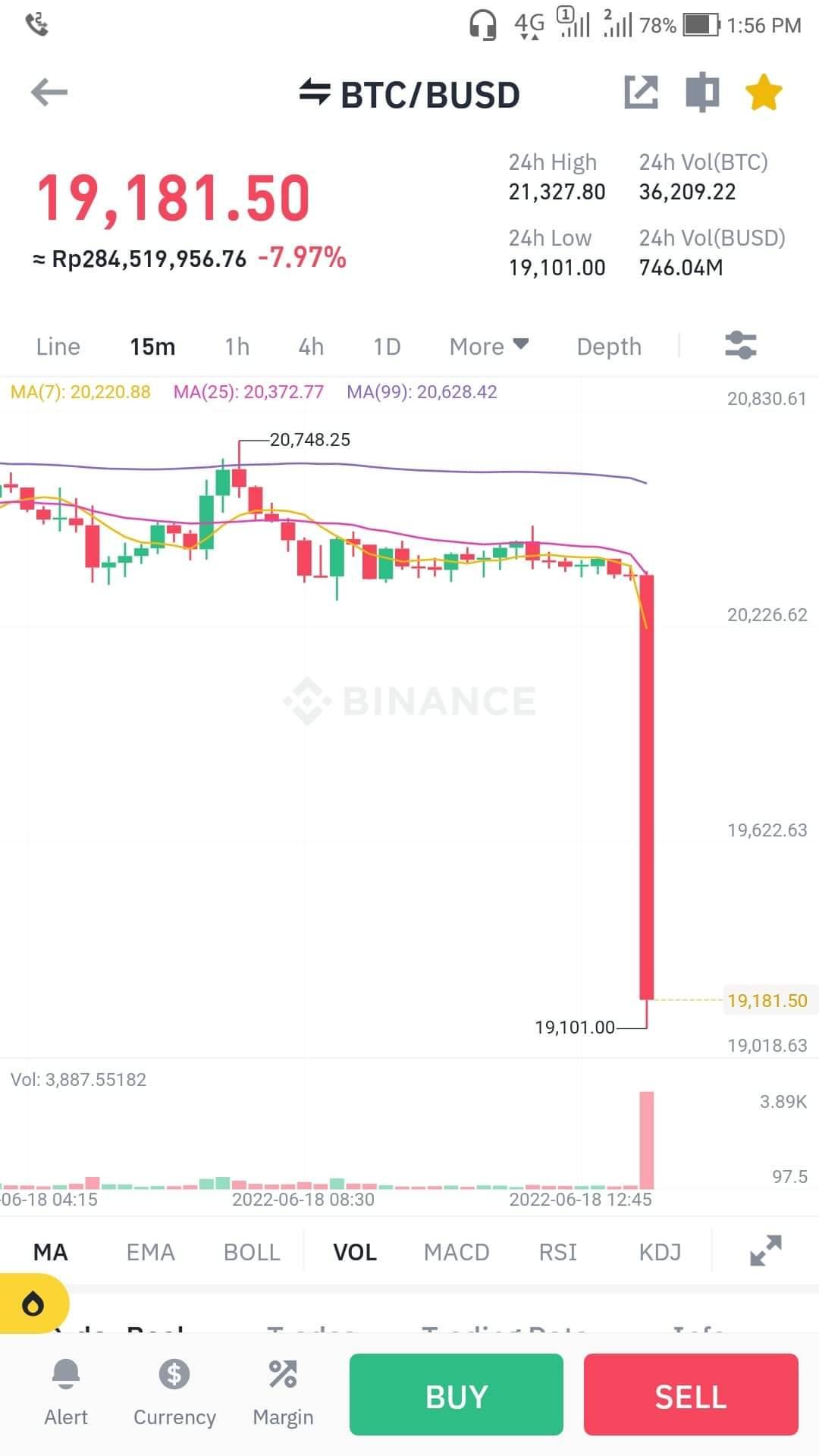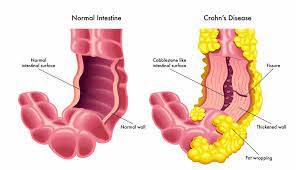Corruption has been a major issue in many African countries for decades, hampering economic development and undermining the rule of law. According to Transparency International's 2020 Corruption Perceptions Index, most African countries scored below the global average, with only a few exceptions.
Corruption takes many forms, from petty bribery and nepotism to embezzlement and grand corruption involving high-ranking officials. It affects all sectors of society, from education and health care to business and politics, and creates a culture of impunity where wrongdoers are rarely held accountable. One of the consequences of corruption in Africa is the diversion of public resources away from essential services such as health care, education, and infrastructure. This has led to poor living standards, low levels of human development, and widespread poverty in many African countries. Moreover, corruption undermines the integrity of public institutions and erodes public trust in government. It also distorts market competition, creates unfair advantages for those with connections, and discourages foreign investment.
Many African governments have acknowledged the problem of corruption and taken steps to address it. However, progress has been slow, and corruption remains endemic in many countries In some cases, anti-corruption measures have been used as a political tool to target opposition leaders or stifle dissent. To effectively combat corruption in Africa, there needs to be a concerted effort by governments, civil society, and the international community. This should include measures such as improving transparency and accountability, strengthening institutions, empowering citizens to demand accountability, and promoting international cooperation and coordination. Moreover, corruption can have serious social and human costs, such as reduced access to education, health care, and other essential services, particularly for marginalized groups. It can also fuel inequality and poverty, and can even lead to political instability and conflict
In conclusion, corruption in Africa a complex and multifaceted issue that requires a sustained and coordinated effort to address. Failure to do so will only perpetuate poverty, inequality, and political instability on the continent
 blogpay
blogpay


























